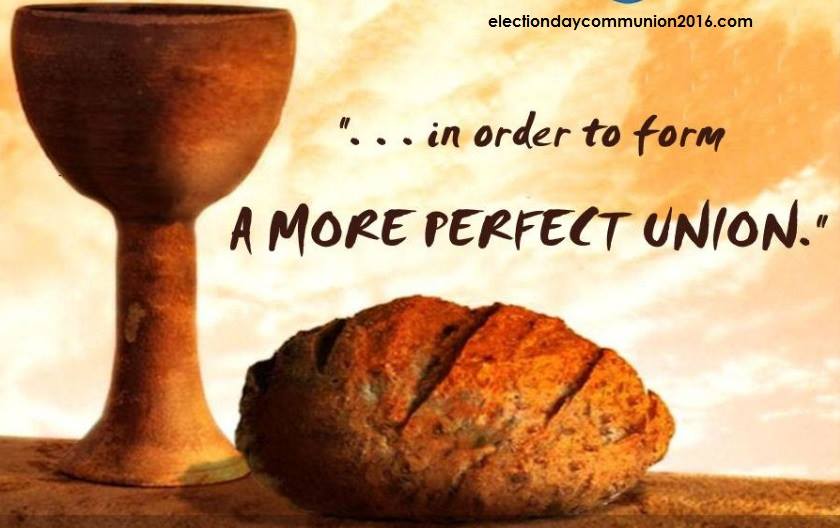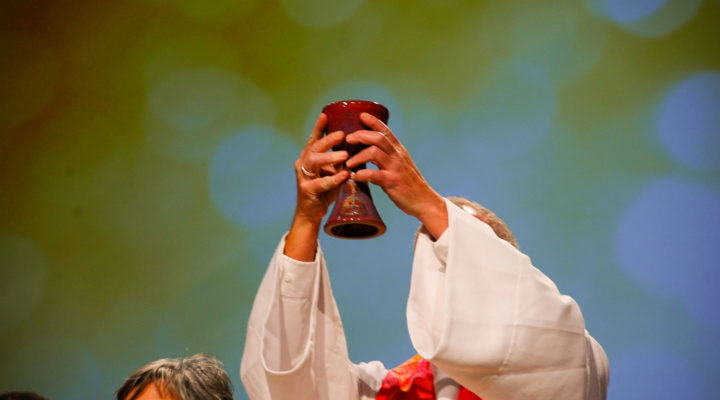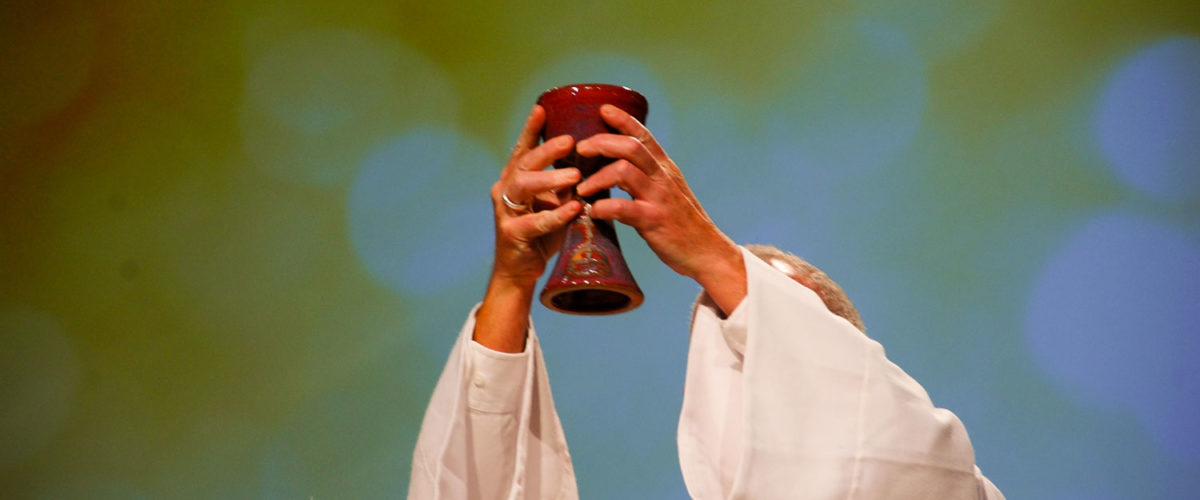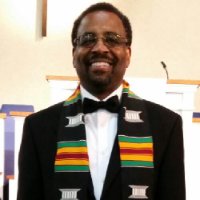Few pastors throw their hat into a political race. But many engage in politics in other ways, both in the public square and in church sanctuaries.
W.T. Edmonson, associate pastor at Second Baptist Church in Jefferson City, Mo., sees political activity as part of his pastoral role. Looking at his own black church tradition, Edmonson noted the key roles pastors like Martin Luther King Jr. played in the civil rights movement a half-century ago.
“During the period of racial segregation, pastors were often anointed leaders of communities, especially if their employment were full time with the church, thereby not beholden to the control of local business owners for their livelihood,” Edmonson said.
“People of faith cannot allow injustice to take up residence in our lives,” he added. “We must stand up and speak out against such acts. Dr. Martin Luther King Jr. put it this way: ‘Injustice anywhere is a threat to justice everywhere.’”
Political involvement is one way of addressing the physical needs of people, he said.
A former president of the Jefferson City chapter of the NAACP, Edmonson now serves as president of Faith Voices for Jefferson City, a local faith group engaged in politics and community organizing. He sees those efforts as part of his ministry.
“My involvement in the civil rights and social justice movement, I am convinced, is a calling from God,” Edmonson said.
Medicaid 23
As the Missouri legislative session neared an end in May of 2014, Edmonson joined nearly 300 others in singing, chanting and praying at the state capitol. The group gathered to urge expanding Medicaid through the funding provisions in the Affordable Care Act. For Edmonson and other clergy leading the rally, this cause came as not merely a political issue but also a faith issue.
It was estimated that expanding Medicaid would benefit appropriately 300,000 low-income Missourians and save some 700 lives per year, he said.
“The basic question of the clergy and other concerned Missourians was this: Do the poor deserve the same quality of health care as the legislators who continued for political reasons to deny the same to the poor and working poor?”
“People of faith cannot allow injustice to take up residence in our lives. We must stand up and speak out against such acts. Dr. Martin Luther King Jr. put it this way: ‘Injustice anywhere is a threat to justice everywhere.’”
After the main rally that day, many of the group moved to the Senate gallery where Edmonson and more than 20 other faith leaders engaged in civil disobedience, a political protest strategy heavily used by King and other clergy during the civil rights movement.
While a state senator spoke, a loud voice rang out from the gallery. Then other voices were heard. For several minutes, the clergy shouted a liturgy — often in unison — urging senators to “pass Medicaid expansion, do justice, love mercy” and “bring dignity” to the poor.
Under an agreement previously reached with Capitol police, the faith leaders remained in the gallery until tapped on a shoulder by an officer. The protests garnered national media attention.
Months passed before the 23 ministers — mostly African Americans — learned they would be charged with trespassing and obstructing government operations. Other Baptist clergy charged with Edmonson included Emmett Baker of St. Louis and Chaunia Chandler, Lloyd Fields and Wallace Hartsfield Sr. of Kansas City.
In August, a jury found the clergy guilty of trespassing in the public gallery but not guilty of obstruction. They face a fine of up to $500 each, though they plan to appeal. The trial brought new attention to the issue of Medicaid expansion, which Missouri’s legislators still have not passed. Despite the guilty verdict, Edmonson feels confident they did the right thing.
“We were falsely prosecuted on a charge of trespassing in Senate gallery at the Capitol, public property, the people’s house,” Edmonson said. “
None of the ministers wanted to go to jail that day, but were prepared to do so, he said.
“It is not a quaint saying ‘What Would Jesus Do,’” he added. “Jesus sought out the poor, fed and provided healing. We are called to do no less.”
Election Day Communion
In the midst of a divisive presidential campaign, some Christians are seeking to offer an alternative political response within church sanctuaries. One national effort is called Election Day Communion, which promotes churches holding a special communion service on that day to help Christians focus on a more important commitment.
 Launched in 2012, the idea quickly sparked national media attention. On Election Day that year, nearly 900 churches in 50 states and Washington, D.C., held the services.
Launched in 2012, the idea quickly sparked national media attention. On Election Day that year, nearly 900 churches in 50 states and Washington, D.C., held the services.
Jason Boone, who works for the Mennonite Mission Network and is helping promote Election Day Communion in 2016, said the initiative is designed “to help us remember our true and ultimate allegiance is to Jesus and to offer an opportunity to participate in an act of reconciliation and unification after the divisiveness of the campaign.”
Many churches in 2012 held a service in the evening after polling places closed and other Americans stared at TV screens awaiting results.
Other churches had communion elements available for people to stop by and partake as they could during the day. This even occurred at churches used as voting locations, which meant someone could go vote and then walk down the hallway and take communion.
Several Baptist churches across the country joined the effort, and in many cities churches crossed denominational lines to hold joint Election Day Communion services.
The initiative’s website, electiondaycommunion2016.com, includes information about the process and a place for churches to add themselves to the list.
Boone said he hopes churches will recognize the need to engage the campaign instead of pretending we can be apolitical. He sees Election Day Communion as a way for churches to offer a positive alternative way of thinking about faith and politics.
“The church can’t pretend things like elections don’t have a huge impact on the thinking and lives of people,” he said. “The church has something better to offer in response — infinitely better. We just have to make it known.”
— This story was originally published at wordandway.org.



